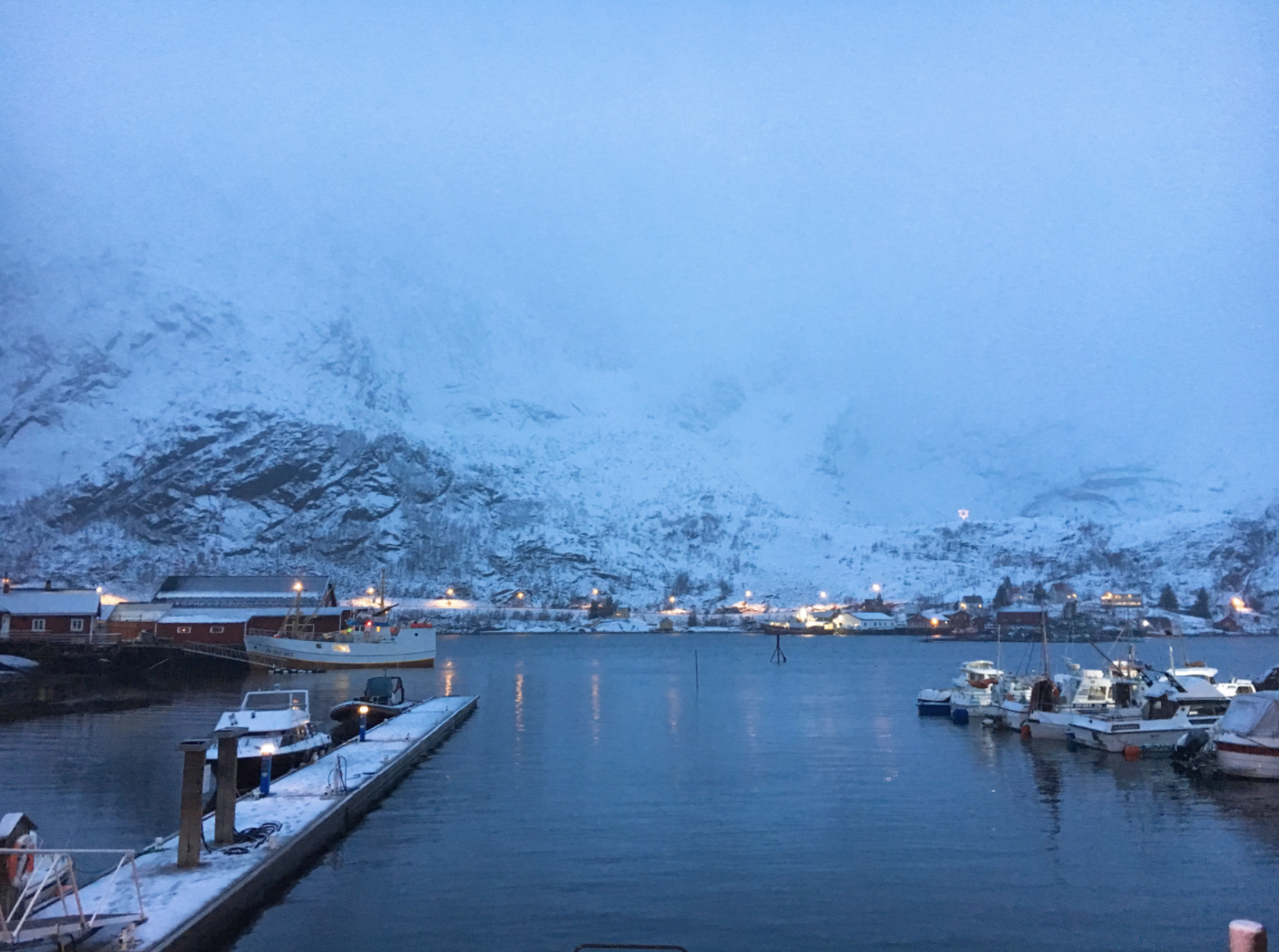During the winter, especially in colder climates, proper winterization care and storage is vital. Ideally, we’d all store our boats in a heated indoor facility for winter. This minimizes the risk of freeze-related damage to the boat. But the reality is that scenario is not always practical or affordable.
So, what else can you do to prepare for freezing temperatures, strong winds, snow, and everything else that comes with a harsh winter?
Winterize the Engine and Other Systems
The first thing to do when as weather approaches is to winterize the engine and all other systems on board. This should be done whether you plan to store indoors or not. Electricity could very well go out at any point during the off-season. Then you’ll be very happy you decided to winterize your boat.
For a laundry list of winterization tips, click here.
Properly Protect the Boat
There are many effective ways to protect your boat from winter weather conditions other than indoor storage. We recommend getting the boat professionally shrink wrapped. This will still cost a few hundred bucks, but it is significantly more affordable relative to indoor storage for several months.
Shrink wrap does a good job protecting against ice formation in the engine or other systems. It creates a barrier between the vessel and the outside, helping to withstand strong winds, rainfall, or snowfall.
Freeze Coverage
As an extra precaution, you can add freezing coverage to your boat insurance policy. It’s generally an inexpensive addition and can protect you from a large bill down the road.
It’s important to keep in mind that this coverage requires you to properly winterize your boat. But let’s say you’ve had a professional winterize your boat and store it at a reputable facility. While in storage the power goes off and the boat sustains freeze damage. This is a situation that could be addressed by freeze coverage under your insurance company.
Takeaways
Winter can be an unforgiving season, especially for boats. A long-lasting vessel must be carefully maintained from season-to-season, as temperatures either drop low or spike up. If your boat is located in an area that tends to experience freezing weather, your best bet is to prepare and maintain the vessel.

